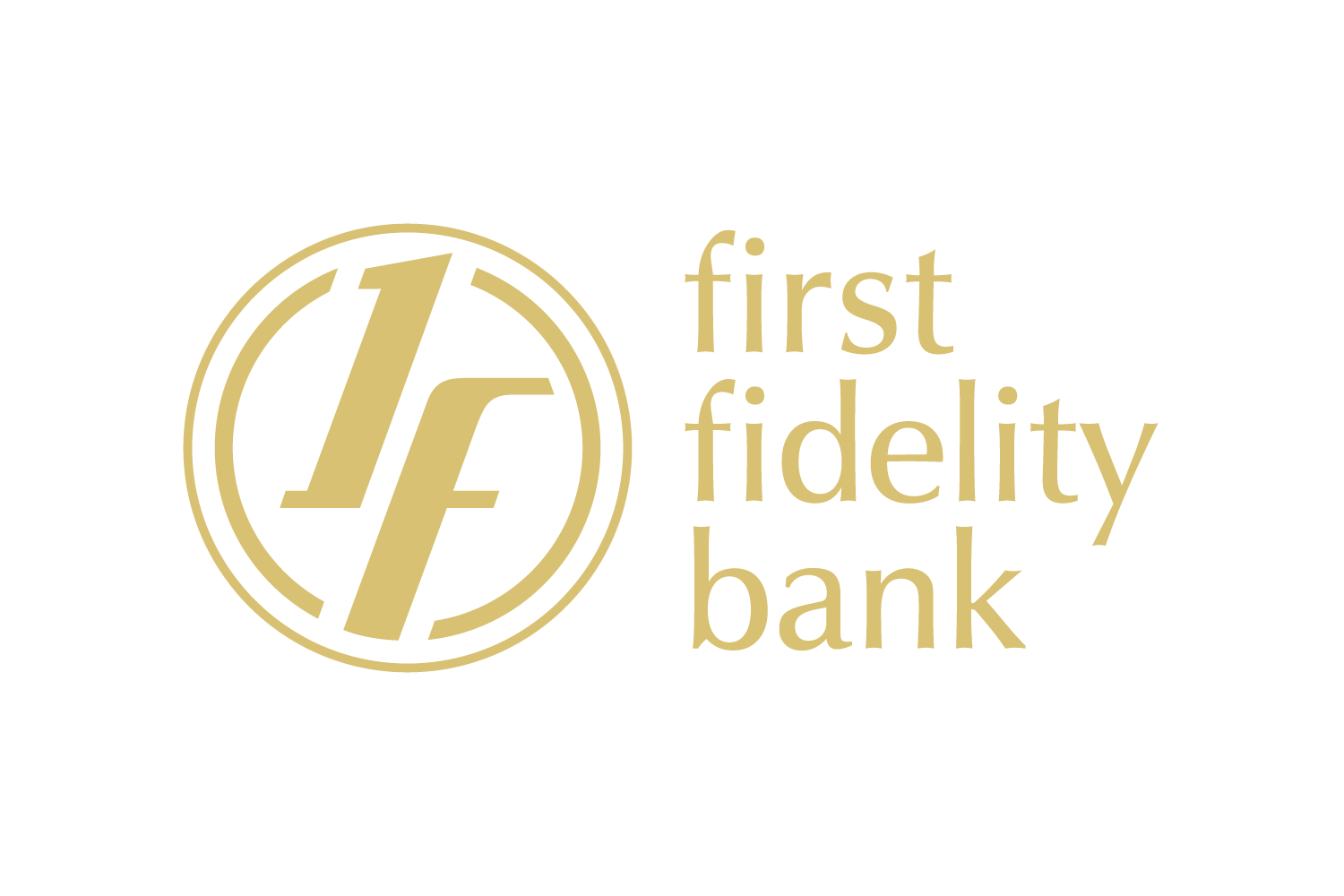SECURITY TIPS
First Fidelity Bank appreciates your trust and takes care to provide a secure environment for you to conduct business. Still, protecting the confidentiality and integrity of your information properly remains a shared responsibility. The points below provide steps you can take to protect yourself.
Security Hints for You
- Protect personal information. Never share user IDs, passwords, or other sensitive information. Change your password regularly.
- Anti-virus. To reduce the risk of lost information or damage due to computer viruses, make sure your computer has anti-virus software installed. Updates should be made periodically to provide protection against new viruses.
- Personal Firewalls. With the increasing popularity of DSL and high-speed cable modems, users should take care as the connection to the internet may be active anytime your computer is on. Personal firewalls can prevent unauthorized users and networks from accessing your computer.
- Updated Browser. Keep your browser current for optimal transaction security.
If you suspect potential fraudulent activity, or information has been lost or stolen, you can contact First Fidelity Bank at:
First Fidelity Bank
P.O. Box 376
Burke, SD 57523
(605) 775-2641
First Fidelity Bank takes care to protect the privacy and security of your information, accounts and transactions. However security is stronger when all parties are careful and the best line of defense begins with you. First Fidelity Bank suggests all customers take the following steps to protect yourself against identity theft and account fraud.
Why First Fidelity Bank’s Online Banking Site is Secure
First Fidelity Bank’s online banking site uses High Encryption Secure Socket Layer (SSL) technology for all online banking sessions. This means that all communication between your web browser and First Fidelity Bank’s online banking site is encrypted and cannot be viewed during transmission.
Question : Why should I close all open browsers after logging off from First Fidelity Bank’s online banking site?
Answer: Some web browsers temporarily store secure pages in your computer’s memory. To prevent this from happening you must close all of your open browsers after you have logged off from online banking.
We Appreciate Your Business and Care For Your Safety

